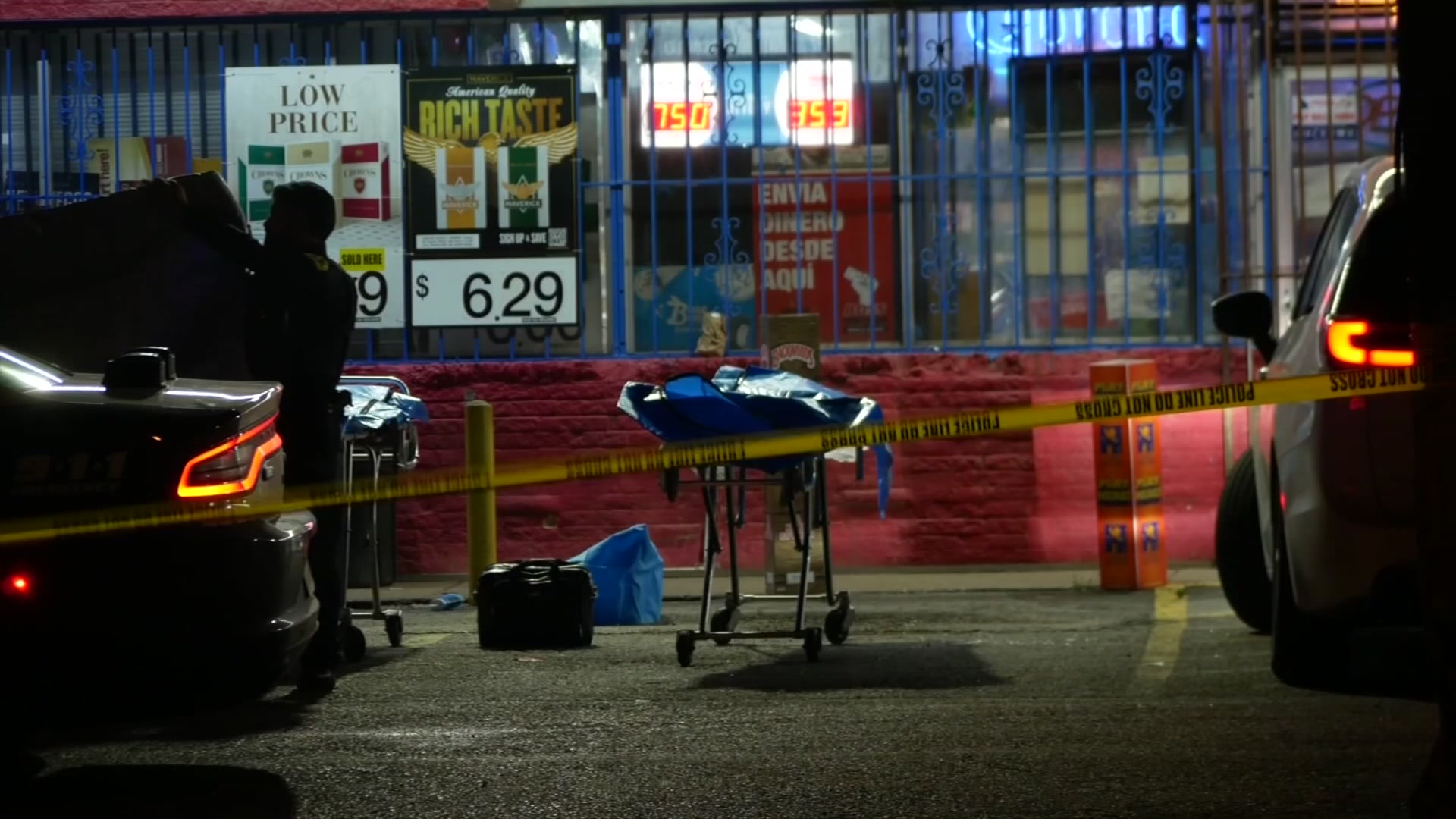North Texas is at the forefront of research into the causes of autism, potential treatments for it and caring for patients diagnosed with the disorder.
Much of the work happens at the Center for Autism and Developmental Disabilities, a joint program between UT Southwestern Medical Center, Children's Health and the Callier Center for Communication Disorders at UT Dallas.
"This is indeed the feather in our cap," said Gregg Shields, a spokesman for UT Southwestern. "CADD combines multidisciplinary clinical diagnosis and care for autism in the same space as clinical research on autism and developmental disabilities. In addition to this clinical and clinical research endeavor, there are multiple laboratory research investigators working to identify novel treatments for autism and related neurodevelopmental disabilities."
"The idea is to understand what's going on in the brains of people with autism," said Craig Powell, M.D., Ph.D., Assoc. Prof. of Neurology at UT Southwestern. "We're going after funding to do a much bigger study, sort of like the Dallas autism study where every patient who comes through the center has the opportunity to participate in research, not research like an experimental drug -- but getting a sense of best outcomes."
Powell and the team are preparing to launch a clinical trial of an FDA-approved drug they believe could help patients with autism. The groundwork for the study was laid a decade ago when the Dallas scientists created the first mouse model of autism.
"We knew there was a strong genetic component to autism," said Powell. "Not the genetic component you think of where the mother has autism, and the father has autism, and it's passed down, but what we call de novo mutations, mutations that happen in the egg or sperm cells before the child is conceived."
The research proved "that there are probably a 1,000 different genetic mutations that cause autism. Each of them are rare; some of them less rare than others," said Powell.
Local
The latest news from around North Texas.
In the mouse model, the scientists have gone from treating the symptoms to clinical trials funded by the National Institutes of Health for a specific rare, genetic cause of autism.
"This clinical trial is set to start in the next couple of years by a rare disease clincial research network funded by NIH," explained Powell. "And it's basically to put an FDA drug and use it for patients, not all patients with autism, but only those with the subset of autism caused this particular genetic mutation."
Which means it's not a one-size fits all treatment for a developmental disorder that affects 1 in 68 children.
"And we think by studying the mouse models of those specific genetic mutations, we can find treatments targets that are novel. And, we can move those treatment targets from mouse models into patients. And, we are starting to do that now, "said Powell.
"We think this drug may be useful for 2, or 3, or 4, or 5 types of autism, but not for everyone with autism. so we believe in personalized medicine approaches; personalized, precision medicine we call it."



